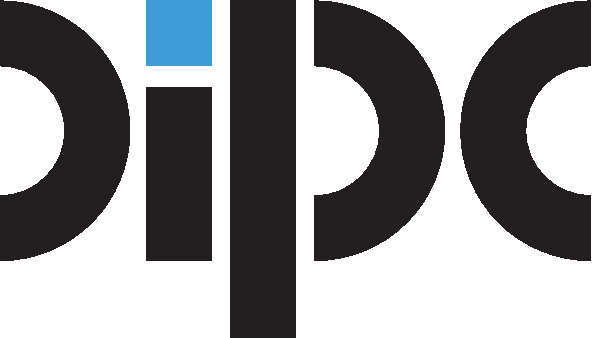Scope
The Computation of Electronic Excited States: molecules, aggregates, nanoclusters,nanoparticles, polymers and solids international summer school aims to introduce,describe and discuss the theory and applications of computational methods and tools for the study of the electronic structure of excited states in a variety of physical systems: molecules, molecular aggregates, complex systems, nanoclusters and nanoparticles, polymers and solids. The school will be taught at the postgraduate level and is specially addressed to PhD students and postdoctoral researchers with a solid background in electronic structure theory and its application within the quantum chemistry and/or physics fields.
The course is divided in two related parts. The first part will focus on the description of the most relevant and commonly used quantum models for the computational study of electronic transitions. The second part is devoted to the application of the presented methodologies, with specific sessions for different types of systems.
The subjects covered in the school will be:
• Electronic structure methods for the study of electronic transitions
· Post-Hartree-Fock approaches: CC, CI,…
· Multireference approaches: CASSCF/CASPT2
· Time dependent density functional theory
· Many-body Green’s function: Bethe-Salpeter approach
· Environmental effects
• Excited states in molecules
· Organic compounds
· Transition metal coordination complexes
· Lanthanide and actinide compounds
• Excited states in complex systems
· Nanoparticles
· Inorganic nanoclusters
• Excited states in extended systems
· Polymers
· Solids
Support and Funding


